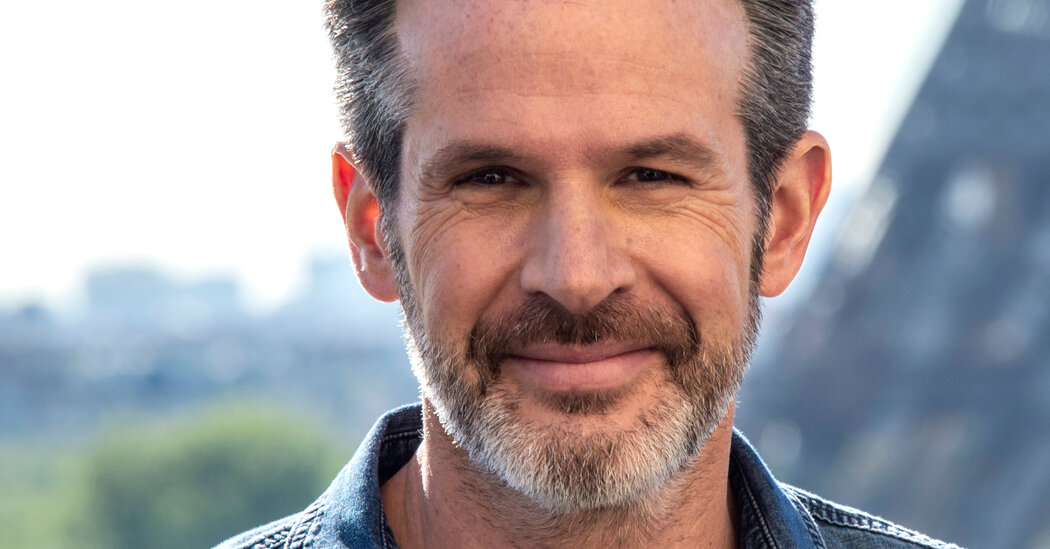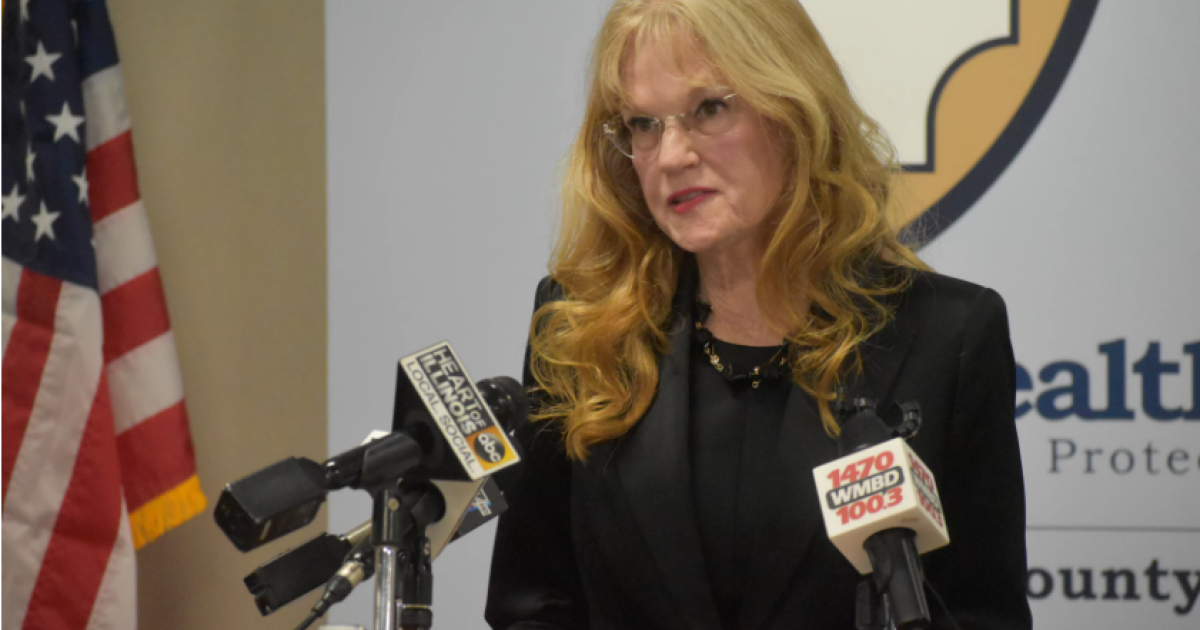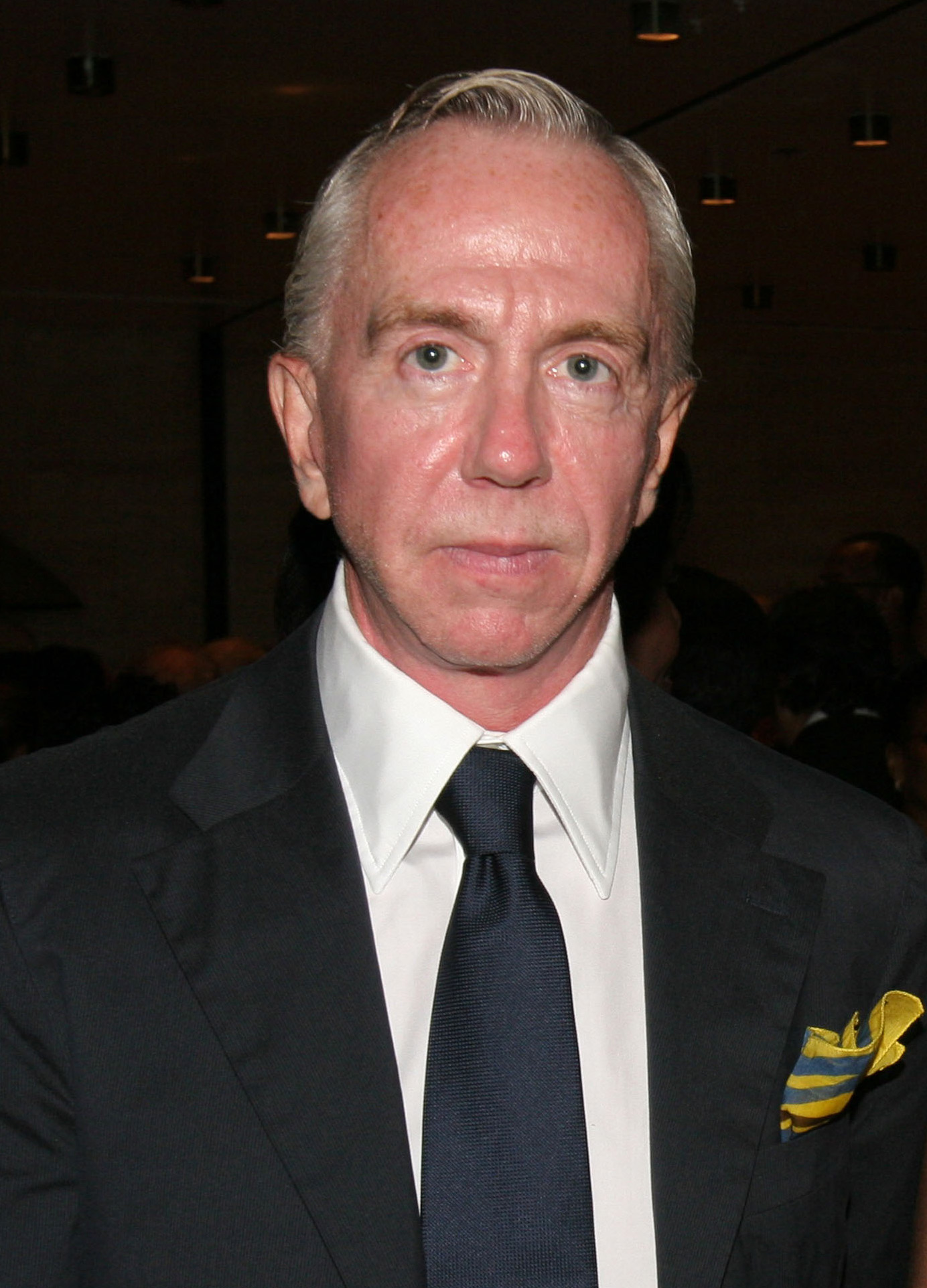This interview includes spoilers for the Season 2 premiere of “Invasion.”
The Apple TV+ series “Invasion” is about aliens attacking Earth, but Season 1, which arrived almost two years ago, took some time getting to … you know, the invasion. It was fine and dandy to meet a bunch of people around the world as they faced weird happenings, but where were the creatures, the cool spaceships, the explosions?
“I was certainly conscious that it wasn’t going to be like a lot of other alien-invasion films and television shows that are sort of rock ’em, sock ’em,” Simon Kinberg, the series co-creator (with David Weil) and showrunner, said recently.
To fine-tune the show’s distinctive mood, he reached back to his experience as a producer on “Logan,” the unexpectedly melancholy film that concluded the Wolverine trilogy in 2017.
“We really slowed that movie down and focused it on drama and relationship,” Kinberg said. “While they weren’t used to the pacing of a movie like ‘Logan,’ audiences were moved and emotionally engaged — with also action and superpowers, the same way that ‘Invasion’ has supernatural mystery.”
Season 2, which premiered last week, picks up four months after Season 1 ended, and Earth is in a bad way. Deadly ink-black creatures are rampaging, and familiar characters are engulfed in the apocalyptic chaos. The brainiac Mitsuki (Shioli Kutsuna), for example, is getting over her grief by engaging in guerrilla warfare against the aliens. In that same span, the well-to-do homemaker Aneesha (Golshifteh Farahani) has further accelerated her transformation into a ruthless survivor.
While the action has amped up, the new season also explores a quasi-psychedelic dimension, most spectacularly after Mitsuki is whisked to the wreckage of a spacecraft downed in Season 1. There, an egomaniacal entrepreneur (Shane Zaza) leads a team that is trying to communicate with a nebulous extraterrestrial presence.
“You realize that it’s not just the war, but it’s also trying to understand the mechanics of the thinking of this alien,” Alik Sakharov, who directed four episodes of the new season, including the premiere, said in a video chat.
A huge science-fiction fan, with “Deadpool,” “The Martian” and several Marvel Cinematic Universe entries on his résumé, Kinberg, 50, spoke in a video call from his home in Los Angeles about his preference for an unconventional approach to sci-fi in the show. He also teased a connection between that mysterious black shard and a certain Jedi weapon. These are edited excerpts from the conversation.
The alien-invasion subgenre tends to offer either action-driven, “War of the Worlds”-type stories or more philosophical narratives like “Arrival” or “Contact.” Why did you try to combine both approaches in the show?
What was exciting to me was creating a new type of tonal template for a science-fiction show, and specifically an alien-invasion story, where you are combining something really epic with something really intimate, something that’s very supernatural and science fiction with something that’s very human and dramatic. I actually pitched the show to Apple as “War of the Worlds” combined with [Alejandro González Iñárritu’s] movie “Babel.” So as you said, “Arrival,” “Contact” and, for me, “Close Encounters of the Third Kind” was a huge influence — those are very grounded, much smaller. But I also love telling stories on a big scale, having worked on superhero movies, the “Star Wars” universe, and I wondered what would happen if you could combine the two of them.
In Season 1, the aliens crawling over Earth were lethal shape-shifting beasties. That was bad enough, but they are even worse now.
Yeah, we called them the worker aliens in Season 1. We see a few of them in Season 2, and they are evolved or enhanced into the hunter-killer aliens. They are organic, they are bioengineered — so they’re both organic and inorganic.
Do they have a life cycle like the Xenomorph from “Alien”? I’m sorry, I’m getting really nerdy here.
No, I love getting nerdy! [Laughs.] They don’t have a life cycle, but they’re able to be killed. We spend a lot of time in the writers’ room getting as nerdy as possible and trying to build the rules because we have lots of powers this season in terms of what the characters are able to do, and we want to be really careful.
At the end of Season 1, we’re told that the aliens are “terraforming.” So they’re involved in some big project?
Absolutely. They’re not here to simply kill us — killing us is a byproduct of just wanting our land. It is like most invasions for territory, whether it’s humans invading other humans or aliens invading humans. They’re invading our planet for resources, and they’re just clearing the way so they can have it.
Mitsuki, Caspar (Billy Barratt) and Luke (Azhy Robertson) all have a special relationship with the aliens. Why these three?
I remember reading or hearing from people that they didn’t know why these different parallel stories were being told in Season 1, that it felt arbitrary. Season 2 starts to really show what the connections are between these people. We chose them because they are special or touched. I really believe that some people do have E.S.P., some people have different kinds of, let’s call them powers. There would be people in our midst that are sort of vibrating at a different frequency — and it would be the frequency that the aliens are operating on.
Why are you making the main characters gradually gravitate toward each other?
I think that the core of the show is “Can we make connections with other people in time?” The real ticking clock of the show for me isn’t “Are we going to develop weapons that are strong enough to kill the aliens?” That’s not really what the show is about.
Is that why the story plays off the concept of the hive mind?
The idea is that, ultimately, our advantage as humans is that we’re able to create community — which you can call a hive mind — whether it’s the internet or cheering for the same sports team or nationalism. You have people that may share a political cause or a love for something or a love for one another as a family. Within that, you have the thing that we inherently bring to any situation, which is our individually unique perspective. And I think that type of individual heroism, when combined with other people, is what makes us able to survive, let alone hopefully overcome a technologically superior race.
In Season 1, Aneesha and her children find a mysterious black alien shard that, of course, surfaces again in Season 2. What can you tell us about it?
The shard is something really powerful. I really grew up a “Star Wars” kid, and I thought about the kyber crystals that make the lightsabers. I was always fascinated about where they came from, and so the shard is my sort of kyber crystal for the show.
What do you want viewers to get out of “Invasion” as Season 2 gets underway?
It has the peanut butter and jelly that are my favorite elements of my favorite science fiction: You really get to go on a big ride with people you care about.



